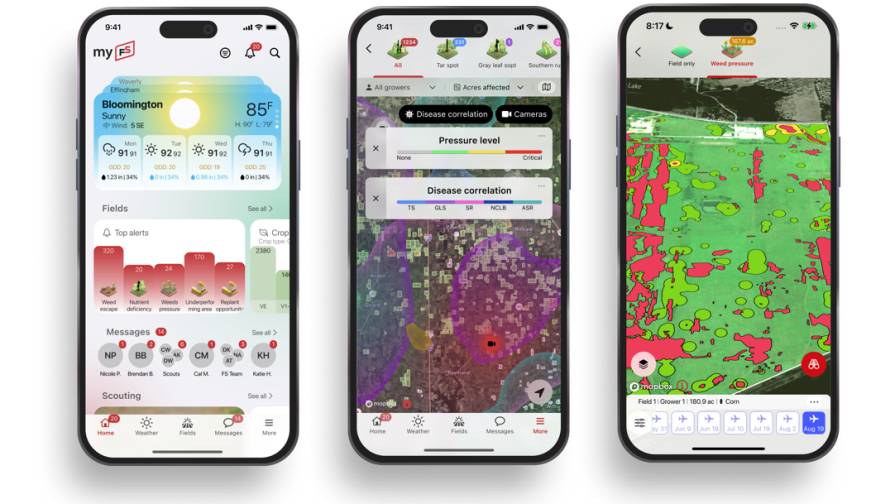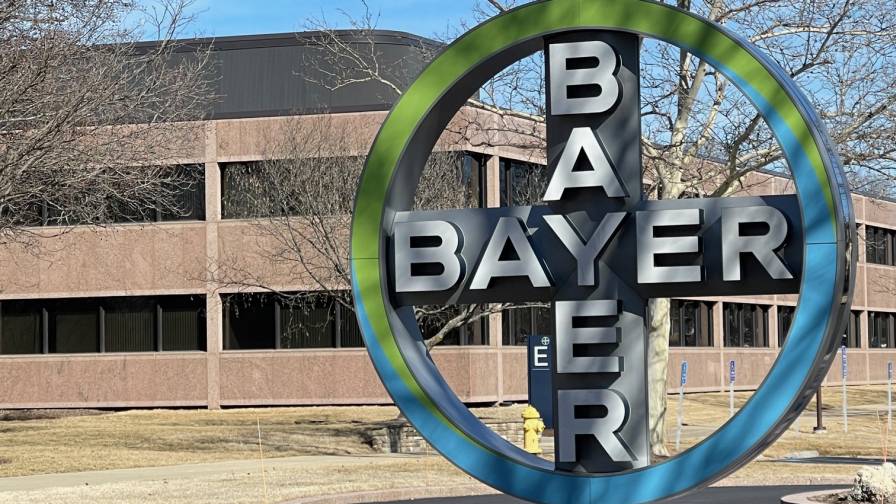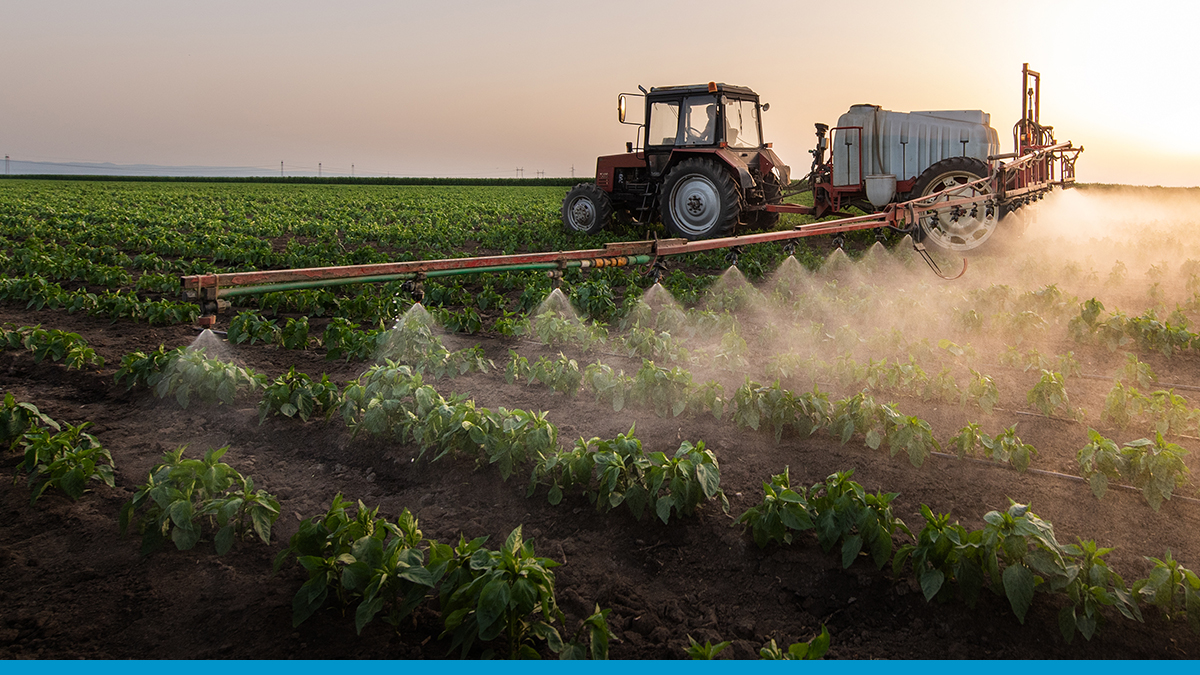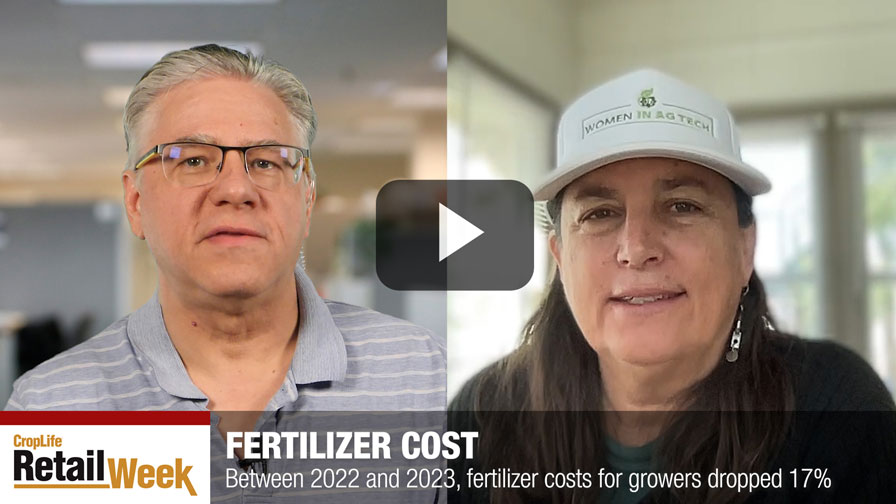Monsanto v. Bowman: Favorable Supreme Court Ruling Supports Ag Patent Protection
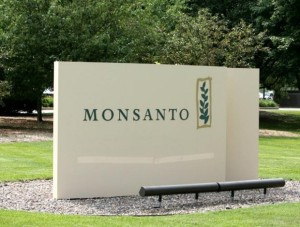 In a unanimous ruling delivered today, the U.S. Supreme Court affirmed its support for protecting U.S. innovations that are a critical part of supporting the world’s growing needs. The case, Bowman v. Monsanto, centered on the protection of intellectual property and its outcome was crucial for innovations that deliver benefits to millions of Americans.
In a unanimous ruling delivered today, the U.S. Supreme Court affirmed its support for protecting U.S. innovations that are a critical part of supporting the world’s growing needs. The case, Bowman v. Monsanto, centered on the protection of intellectual property and its outcome was crucial for innovations that deliver benefits to millions of Americans.
The Supreme Court’s decision affirms the basic purpose of the U.S. patent system – providing an incentive to innovate by providing inventors a meaningful opportunity to recover costs on their R&D investments. The decision also reflects the Court’s sensitivity to the importance of patent protection not only for agriculture companies such as Monsanto, but for the basic incentive structure the patent system provides for innovation.
“The Court’s ruling today ensures that longstanding principles of patent law apply to breakthrough 21st century technologies that are central to meeting the growing demands of our planet and its people,” said David F. Snively, Executive Vice President, Secretary, and General Counsel of Monsanto. “The ruling also provides assurance to all inventors throughout the public and private sectors that they can and should continue to invest in innovation that feeds people, improves lives, creates jobs, and allows America to keep its competitive edge.”
The Court’s ruling comes at a time when the role of technology and innovation in meeting the demands of our world has never been more important. As part of the proceedings leading up to this case, a wide range of independent organizations and individuals expressed support for the protection and preservation of intellectual property rights. This group included: the American Soybean Association, the American Seed Trade Association, the Biotechnology Industry Organization, a coalition of leading universities (including the University of California, Duke University, Emory University, the University of Illinois, Iowa State, the University of Kansas, Kansas State, the University of Missouri-Columbia, the University of Nebraska-Lincoln, and other university organizations such as the Association of American Universities, the Wisconsin Alumni Research Foundation, and the Association of Public and Land Grant Universities), the Intellectual Property Owners Association, the Washington Legal Foundation, and the Business Software Alliance (whose members include Apple and Microsoft).
Innovation continues to play a critical role in supporting the agriculture industry and the customers it serves around the world. Today, farmers throughout the United States and world have a wide range of seed products available to purchase from hundreds of seed companies each and every season – these choices include conventional, organic and biotechnology-improved crop products. Biotechnology-improved crops, one of which was at issue in this case, have been widely popular among both small-holder and large-scale farmers as the products enable them to create a sustainable future for their own farming operation by producing more food with fewer resources. Modern-day applications in agriculture, including both plant breeding and plant biotechnology, are expected to continue to make crops more resistant to disease, drought and pests, and more nutritious for consumers.
Interested parties can access more information about the case, its history, and the briefs of the parties and the dozens of friends-of-the-court who filed briefs in the Supreme Court at: www.innovationatstake.com.
